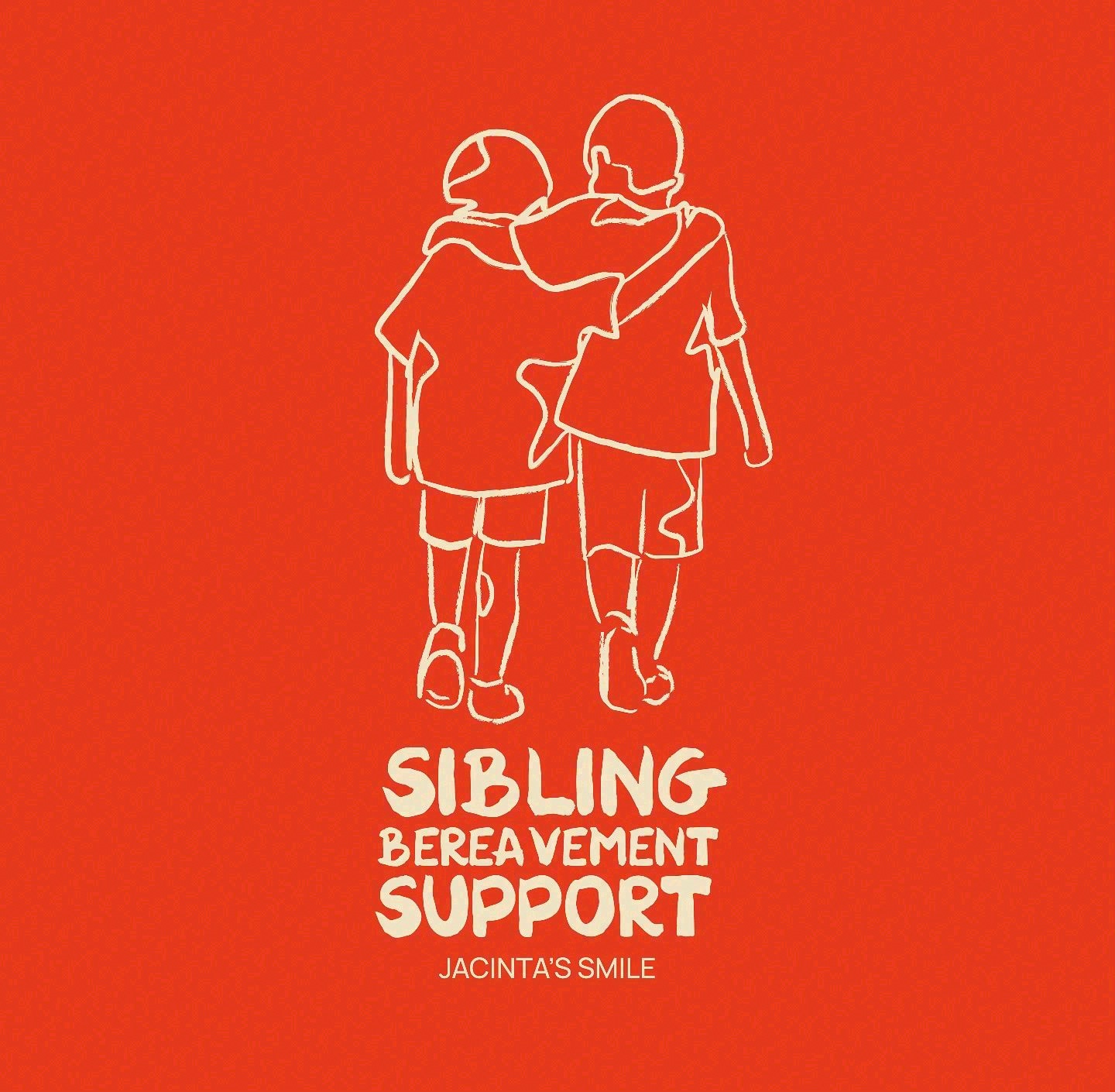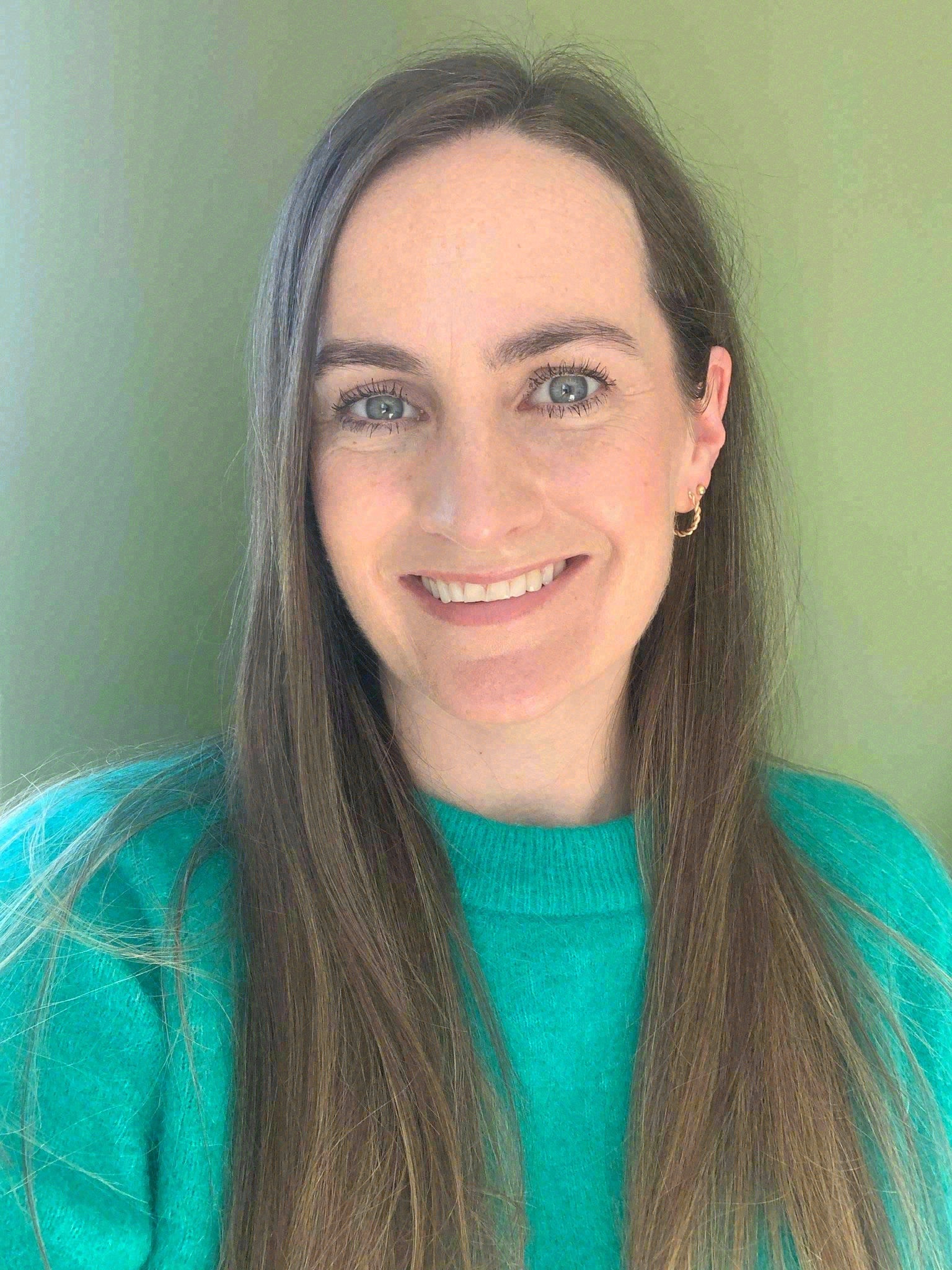Sibling Loss in Childhood: A Personal Reflection on Grief, Growth and Healing
The Day Everything Changed
I was eight years of age when I found out that my little brother Declan had a malignant brain tumour. He was six. He died six months later at the tender age of seven. The day my parents received the diagnosis was the day that would echo throughout every essence of each of our beings. They tried all of the challenging and demanding treatments, and they would do it again in the morning if they knew it would save him. It didn’t work.
A Family in Crisis
We spent six months in and out of hospitals, hearing hushed conversations, feeling left out as he received all the attention (remember this is a child's perspective), and feeling confused. We were a family of six children, ranging in age from three to twelve.
The youngest sibling, in her early development and attuned to her parents’ energy, felt the drops in their stomach after each consultation. The oldest sibling, on the cusp of her teenage years, craved independence but was held back by fear. The worst had actually happened, and it might happen again.
Jacinta, Fintan, and I were in the middle, followed by the birth of our brother Sheridan the year after Declan died.
Why I Became a Therapist
I decided to become a therapist because I was desperately searching to understand what happened to my family. It changed in front of my eyes, and neither my younger self nor my adult self understood why.
As I leaned into my therapy work, as terrifying as it was, I learned that this change is what can happen in families. I thought it was just us. Discovering this offered me a sense of peace. I now knew that when a child dies in the family, life as it once was has been uprooted, altered, and disturbed. There is now a new sway to the family dynamic, and it can bring direction or disruption. For us, it was both.
How Children Grieve Differently
When a child dies in the family and the remaining children are still young, this fragments or cements their internal language and perceptions even further. This will have an impact on how the remaining sibling grieves.
It used to confuse me how all my siblings reacted so differently to losing Declan. We grew up in the same house, had the same parents, ate the same dinners, had the same holidays, and even wore the same clothes. We had loving parents who treated us equally. How did we all behave and view our lives so very differently?
My Quiet Grief
My grief for Declan was quiet, hidden. I unconsciously decided to stay small and not cause any further distress. This meant I was always seen as the good child — independent and able to look after myself. In turn, I wasn’t always offered help, and I certainly didn’t learn how to ask for it. Even into my adult life, I struggled with this.
I now know it’s my responsibility to sit with this shadow side and learn that it’s okay to be vulnerable. This is a part of me that still needs compassion and healing.
Louder Grief and Coping Mechanisms
For two of my siblings, their grief was louder. It poured into the sitting room with early use of alcohol, self-destruction, and harmful behaviours. Yes, part of this is associated with the early teenage years, striving for independence and yearning for belonging, but it was exacerbated by the sense of loss within the household.
Another sibling’s beautiful and kind exterior masked the fear of love. She knew the realities of what it was like to really love and care for someone and have them taken away so unexpectedly and unfairly. She was older, so she could comprehend the intricate delicacy of what an unnatural loss can bring. She fought hard to keep us balanced and, as the oldest and being a girl, believed it was her job to emotionally fix everyone.
It is now her responsibility to care for herself as well as she has cared for all of us.
Healing Takes Time
This all takes time. It takes awareness of destructive patterns learned through crisis and fear of another loss. So it will take time to unlearn these coping skills. They have served us well thus far, but there comes a time when they are no longer healthy and are holding us back.
This is the work: awareness and compassion for our young selves. Remember that the brain is flexible and can create new neural pathways of love, safety, and calm. It will take time, trials, and errors — but it is possible to learn to regulate your nervous system again.
A Beautiful Analogy
I was once gifted the knowledge of how to explain the impact of sibling loss by the wise and humble Brid Carroll of the Irish Childhood Bereavement Network. She told me that siblings represent the fingers on our hand. Each finger has a different print, different lines, and different sizes. This represents the personality, core beliefs, and coping mechanisms of the individual sibling. Even though they come from the same body, they are all unique.
This is how siblings experience the loss of a brother or sister — uniquely.
Support and Compassion
There is no single approach when it comes to experiencing loss as a child, and each situation may require a tailored approach. Take time to read articles by the Irish Childhood Bereavement Network on what you can do to support grieving children. And remember to do so with compassion and kindness to your tender heart.
And also remember to contact Jacinta’s Smile services to see how we can support you.
This article was written by Katie-Anne O'Toole, who is a co-founder of Jacinta’s Smile. Jacinta’s Smile is an Irish sibling bereavement charity founded by the O'Toole sisters to support children and young adults grieving the loss of a brother or sister through counselling, adventure days, and heartfelt community connection.

Memorial Gift Shop
View AllHand-carved Celtic Wall Hangings
Hand-carved in Ireland, each wooden piece has its own unique & poignant significance.
Condolence Books - Printed and Bound
Creating a printed hardbound book of online messages of condolence can be a meaningful way to preserve and honour the memories of a loved one.
RIP.ie Sympathy Christmas Card
This is a thoughtfully penned sympathy card to show someone you’re thinking of them this Christmas. Each card is printed in Ireland by RIP.ie, ensuring quality and care in every detail.


